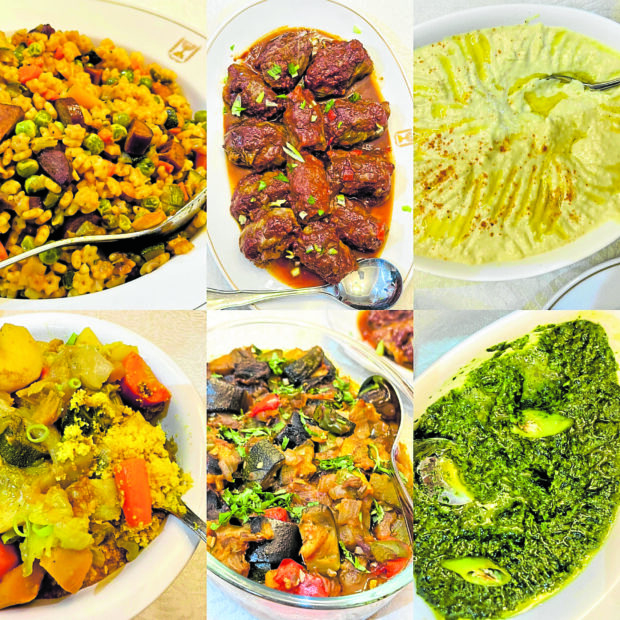NEW YEAR BANQUET
A delightful kosher menu by Israel Ambassador Ilan Fluss in celebration of Rosh Hashanah
I had the opportunity to attend a truly remarkable kosher dinner recently. It was a special occasion as we celebrated Rosh Hashanah, the Jewish New Year, hosted by His Excellency Ambassador Ilan Fluss, the Israeli ambassador to the Philippines.
Rosh Hashanah and Yom Kippur
Rosh Hashanah started on September 15th and ended on September 17th, leading to a 10-day period of reflection known as the Days of Awe, which culminates in Yom Kippur. Yom Kippur, also called the Day of Atonement, is a time for Jews to seek forgiveness for their sins and reconcile with God. It is observed through a 25-hour fast with no food or water and is a time for seeking and offering forgiveness.
It’s a beautiful tradition, and I hope that all those who embraced its meaning have found inner peace and are prepared for the challenges and blessings of the new year. Speaking of the new year, it’s worth noting that for those who celebrate Rosh Hashanah, it is now year 5784!
Simanim
Ambassador Fluss treated us to a traditional Jewish practice known as Simanim or symbolic foods, accompanied by blessings. We enjoyed apples with honey, pomegranate, and dates. Simanim represent signs or indicators that point towards improved circumstances.
The apples dipped in honey symbolize the hope for a sweet year ahead. Honey is associated with manna, as mentioned in the Old Testament, and signifies that all sustenance and material benefits come from God’s grace and favor. Pomegranates, with their many seeds, symbolize the merits we will create in the coming year. Dates represent a sweet outcome and also evoke the image of ancient Israel as “a land flowing with milk and honey.”
And as we celebrate the new year, we greet each other with the words “Shanah tova!” which means “a good year ahead!”
Kosher
We were also treated to a wonderful kosher spread of salads, stews, couscous, and mountain rice. Some dishes were personally cooked by Ambassador Fluss’ wife, Gila. Kosher food follows specific rules in selection and preparation. For example, meat is allowed but not meat with blood. The meat, including poultry, undergoes a process of soaking, drying, salting, and hanging to ensure it is kosher. Meat and dairy cannot be mixed, and certain types of seafood are not permitted.
My favorite dish, cooked by Ambassador Fluss’ wife, was the holishkes or stuffed cabbage leaves. They represent the sealing of one’s fate for the year ahead and are usually served on Shemini Atzeret, the day that follows Sukkot.
Sukkot
Sukkot, also known as the Feast of Tabernacles, is a Jewish autumn festival of double thanksgiving that takes place five days after Yom Kippur. This year, Sukkot started on September 29th and will end on October 6th. During this time, we wish each other “Chag Sameach!” which means “Happy Holidays!”
There is so much to learn and appreciate about Jewish food and culture. I am fascinated by the deep meaning attributed to every action and how it calls us to reflect even as we eat. May these traditions bring us closer to the Lord and help us become the best versions of ourselves in praise of His name.
Wishing you all Shanah Tova and Chag Sameach! May this new year bring you happiness, good health, prosperity, peace, and the sweetest fruits of success!
Your subscription could not be saved. Please try again.
Your subscription has been successful.
Denial of responsibility! Vigour Times is an automatic aggregator of Global media. In each content, the hyperlink to the primary source is specified. All trademarks belong to their rightful owners, and all materials to their authors. For any complaint, please reach us at – [email protected]. We will take necessary action within 24 hours.



